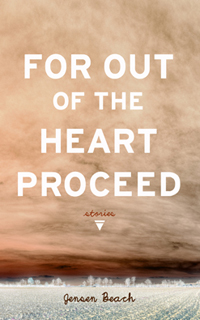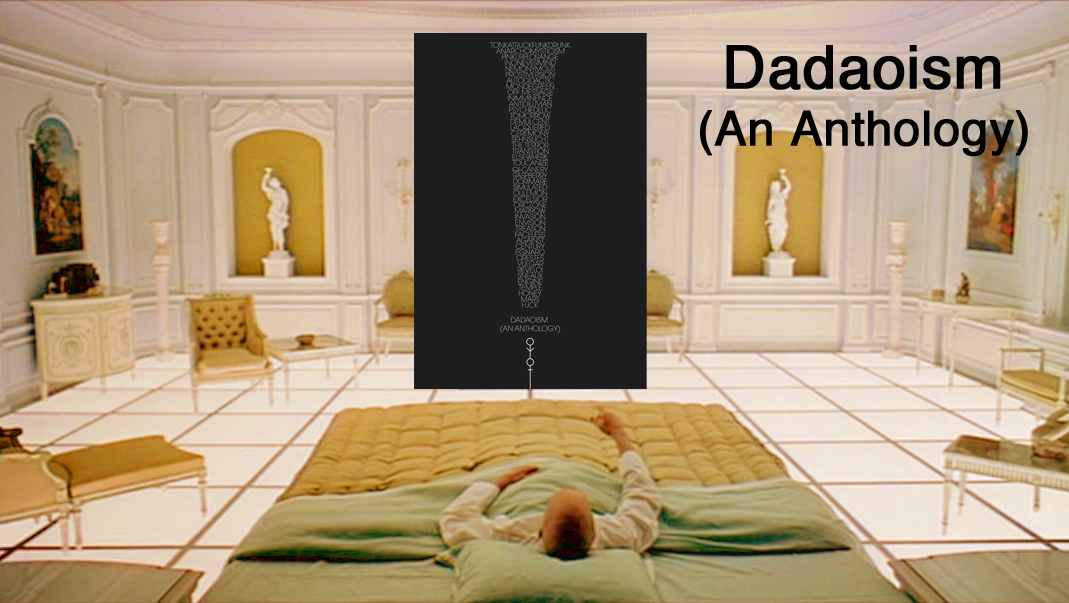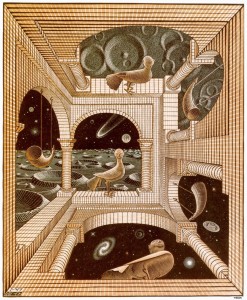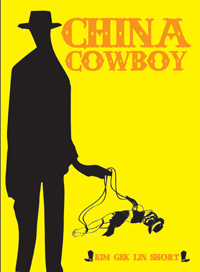Art Balls

It’s really cool for an artist right now to make like a lot of one thing (in this case balls) and fill up a gallery with that thing. The phrase “excessive redundancy as aesthetic vapidity” comes to mind, which is why I don’t get paid by the idea. And you are to understand that the question “what does it mean?” is rather unsophisticated — ungenerous, even petty — so you kind of just accept it and try to enjoy the inherent form, or like the “recontextualization” of it, like how you don’t go to a gallery expecting somewhat scatological balls in huge piles, and so the artist is like changing your view, or mind, about what it means to walk into a gallery and be confronted with these large plastic cartoon-y yet alienating balls which are ridden with meaning by their very meaninglessness, perhaps even commissioned by the gallery, or a bored patron, and made by factory workers overseas, shipped in a kind of economic slave ship, and finally assembled in the gallery by the artist himself and his interns and/or art friends, on every weeknight the week preceding the opening, nice asses on floors in uncomfortable jeans, half-eaten burritos or falafels sharing the floor with two tepid six-packs, jewels of condensation sliding down, the gallery director in her brownstone crackling knees as she kneels down to place dog food into the dog bowl for her dog named after a Japanese film she saw when she was in love once.
For Out of the Heart We Pump Our Pleas
 For Out of the Heart Proceed
For Out of the Heart Proceed
by Jensen Beach
Dark Sky Books, 2012
120 pages / $12.00 Buy from Dark Sky Books or SPD
The twenty-two stories in Jensen Beach’s debut collection, For Out of the Heart Proceed, center on family and in particular father and son relationships. The collection is peopled with troubled characters struggling to make sense of their circumstances, choices, and connection to others. What is perhaps most compelling about these stories are the interesting and memorable ways the characters grapple with issues of faith: Faith in themselves, others, the world, and the divine. There is great efficiency to Beach’s prose and a precise order to this collection that juxtaposes the disturbances and sometimes chaos of these characters’ lives, conflicted characters often controlled by fear.
For Out of the Heart Proceed contains three Parts linked by how its men do, and sometimes don’t, transcend their fears and difficult situations. In the first story, “Training Exercise,” a father and young son must brave the dark and what appears to be a menacing, male stranger in their back garden:
July 20th, 2012 / 12:00 pm
Talking with Shane Anderson

Berlin-based Broken Dimanche Press has recently published Shane Anderson’s debut, Études des Gottnarrenmaschinen, which is a beautiful book object, and described thusly:
It’s not often that a collection of writing reaches as far and wide as Shane Anderson’s debut work, Études des Gottnarrenmaschinen…[a] bold collection which includes three works that explore the boundaries of fiction and poetry. Utilizing a plethora of devices – erasures, pseudo application forms, Oulipo constraints, and the limits of the paragraph – this is indeed a virtuoso collection that takes on the problems of (modern) travel, power relations, historical and mental representation.
To help celebrate the publication, Anderson and I discussed the book and many other things related to it.
Soros And The European Poetry Crisis

Billionaire hedge fund manager and democracy advocate George Soros recently received the social media equivalent of a standing ovation from the world of finance. Instead of remaining in charts and data, or even in their value synthesis re: analyzing Europ’s sovereign debt crisis, he did what few money men had (and none in his position) done: he effectively used a metaphor. It was the kind of poetry that moves markets.
“Bubble” is a common enough term in popular finance, but it lacks a quantitative definition. It’s an existential state, or a spiritual one: a bloating, a swelling of the imagination glands (Dickensian?), a cultural feast that becomes a fiscal implosion. We fondly remember the Tech Bubble. We feel the presence of ghosts and of animated furniture (Marx?). Here’s what Soros wrote about on his personal blog (yes – indeed dear readers) . To be completely fair, he was reblogging his speech from the Festival of Economics in Trento Italy – but this is what “went viral”:
David Peak Has a Conversation with Keith Nathan Brown
 Keith Nathan Brown is one of my favorite writers.
Keith Nathan Brown is one of my favorite writers.
His writing is playful but intense, exploratory but precise. Whether he’s skewing form, “The Tongue,” or using chunks of language to capture nothing less than an immensity, “Insomnia of the Soil,” he is almost always profound in an intimate way—and often very funny. He’s an original in the rarest sense, meaning that his pieces are often instantly recognizable as having been penned by Keith Nathan Brown, yet remaining distinct from one another in the ways that really matter: in tone, in form, in subject.
Keith’s new collection, Embodied: A Psycho-Soma in Poetry and Prose, was just released by Sententia Books. I believe it is a book well worth your time, whatever your taste in literature. It takes a special kind of book to leave you hungry after finishing its last page, to leave you questioning the things you hold as absolutes. That’s how I felt after reading Embodied.
Luckily, Keith was nice enough to patiently sift through my emails over the course of a few weeks, and attempt to help me make sense of it all. READ MORE >
We Are All Coeval
Mykki Blanco – “Join My Militia (Nas Gave Me A Perm)”
Directed By: Mitch Moore
CHÔMU’S PURE LIQUID LSD
Julie Sokolow on the drug-addled origins of “The Lobster Kaleidoscope” and Chômu Press’ Dadaoism anthology.

The Cover of Chômu Press’ Dadaoism anthology resembles a certain, familiar monolith. Still from Stanley Kubrick’s 2001: A Space Odyssey (1968).
A year ago, I dispatched my idiosyncrasies overseas. I had been reading the work of a UK-based publishing house called Chômu Press and felt a kinship with their unabashed promise: “If you are tired of tepid, humanistic realism on the one hand, and the narrow fixations of genre on the other, Chômu Press may be what you have been waiting for.” There was something devilishly discourteous about it, but I was intrigued by the Steppenwolf-style invitation to Chomu’s own Magic Theatre. Now, seven years since I originally penned the drug-addled artifact that is “The Lobster Kaleidoscope”, I find it “trippy” to experience it anew within the context of Chômu’s impressive Dadaoism anthology.

M.C. Escher’s “Another World”
Dos Dazzling Deets re Dadaoism (An Anthology):
1) Metaphysical Portals: As a devotee of Borges, Kafka, and Beckett, I get kicks out of masterful meta-ness, psychological terror, and gallows humor, all of which Dadaoism’s opening piece, “Portrait of a Chair”, possesses in levels of toxicity. In Reggie Oliver’s story, a retired antiques dealer, keenly aware of his mortality, attends an auction where he purchases a captivatingly simple portrait of a chair. The portrait is not just some symmetrical schlock to mount over a mantel, but rather, a metaphysical portal to a dimension in which inanimate objects are paradoxically conscious, and the narrator, having undergone a paralyzing transformation, must fight through telepathic intellect alone to survive. READ MORE >
China Cowboy
 China Cowboy
China Cowboy
by Kim Gek Lin Short
Tarpaulin Sky Press, June 2012
132 pages / $14 Buy from Tarpaulin Sky
I read China Cowboy under the most perfect of circumstances: in a garden a few hundred feet from the Pacific Ocean, perched on the Ring of Fire that fuses San Francisco to Hong Kong. The voices of Chinese daytime television descended from my neighbor’s second floor window onto the pages of the safety-yellow book, which had arrived via USPS in a rough condition apropos of its protagonist. Like the abused and well-traveled La La of Kim Gek Lin Short’s second full-length collection, the bubble mailer was practically clawed open, the book so scuffed that its soft outer layer was worn to the quick, almost see-through.
The ocean echoed the book’s evocative opening line: “A bluegrass of fogging.” And the last place I’d been before here was Nashville, where any nobody can twang out a couple tunes at an open mic and even the weak-stomached can’t turn down a shot of 35-year-old well whiskey from a commemorative porcelain decanter in the shape of Elvis’ head, forged on the occasion of his majesty’s death in 1977—also the year of La La’s birth (“Y’all, I would’ve been out of your league at 12. I’m only tattlin’ now, cause I would’ve been 20 today,” she boasts from an eternally-pubescent afterlife hellishly specified as 1997).
It’s with such brash spunkiness that La La—a poor kid in Hong Kong with aspirations of American country singer celebrity—tells the story of her brief life and violent death, including the glamour she imagines for herself, the many small deaths along the way and her songwriting star that keeps ascending from beyond the grave.
July 16th, 2012 / 12:00 pm

